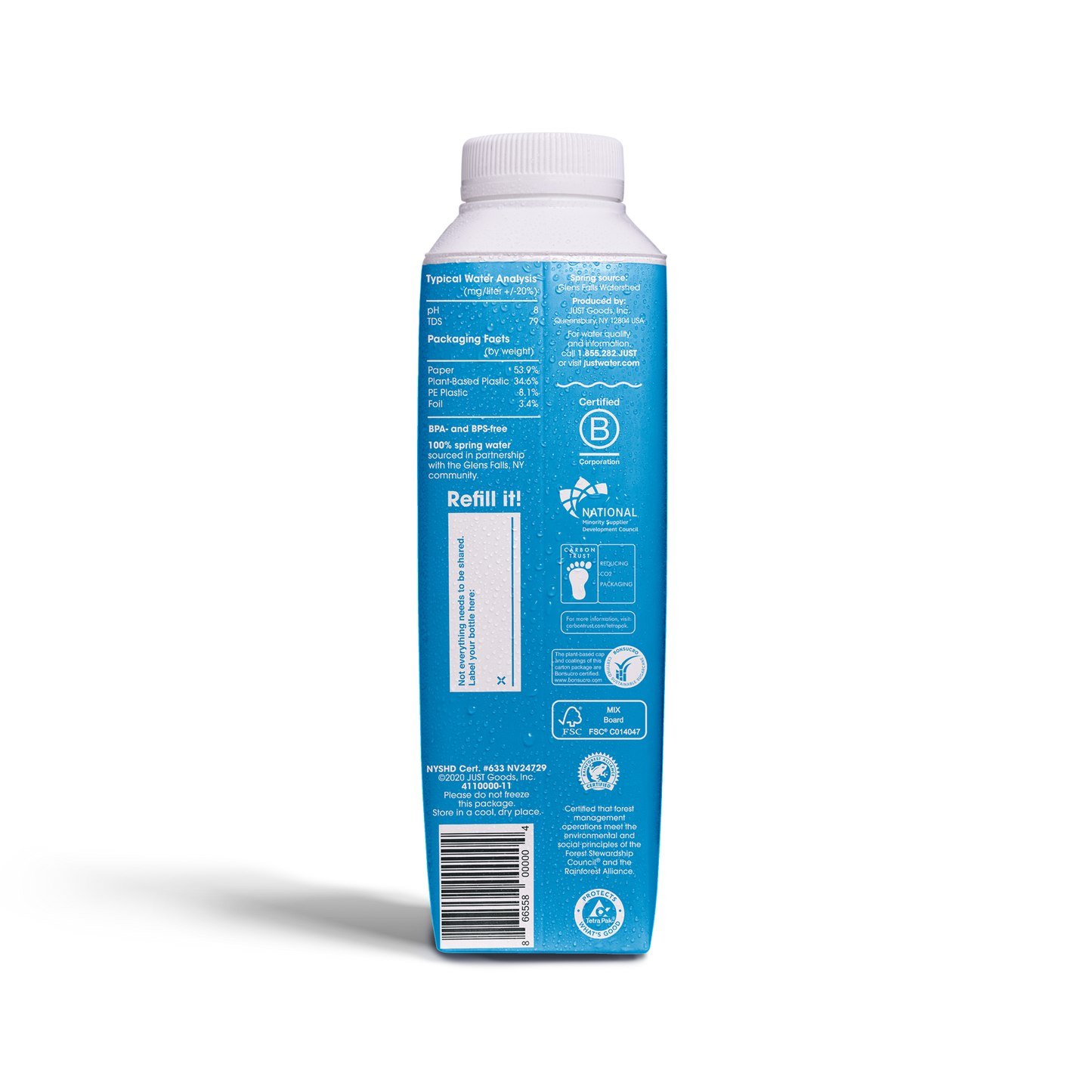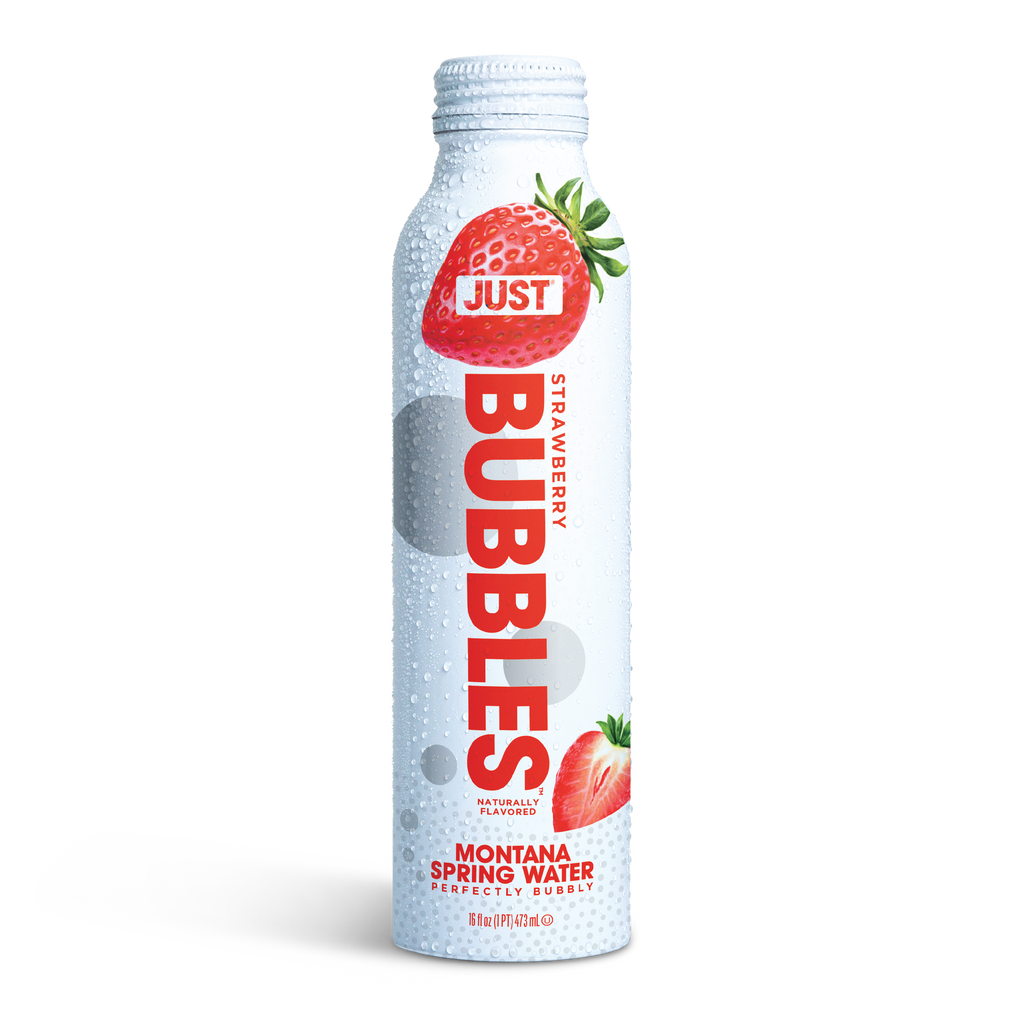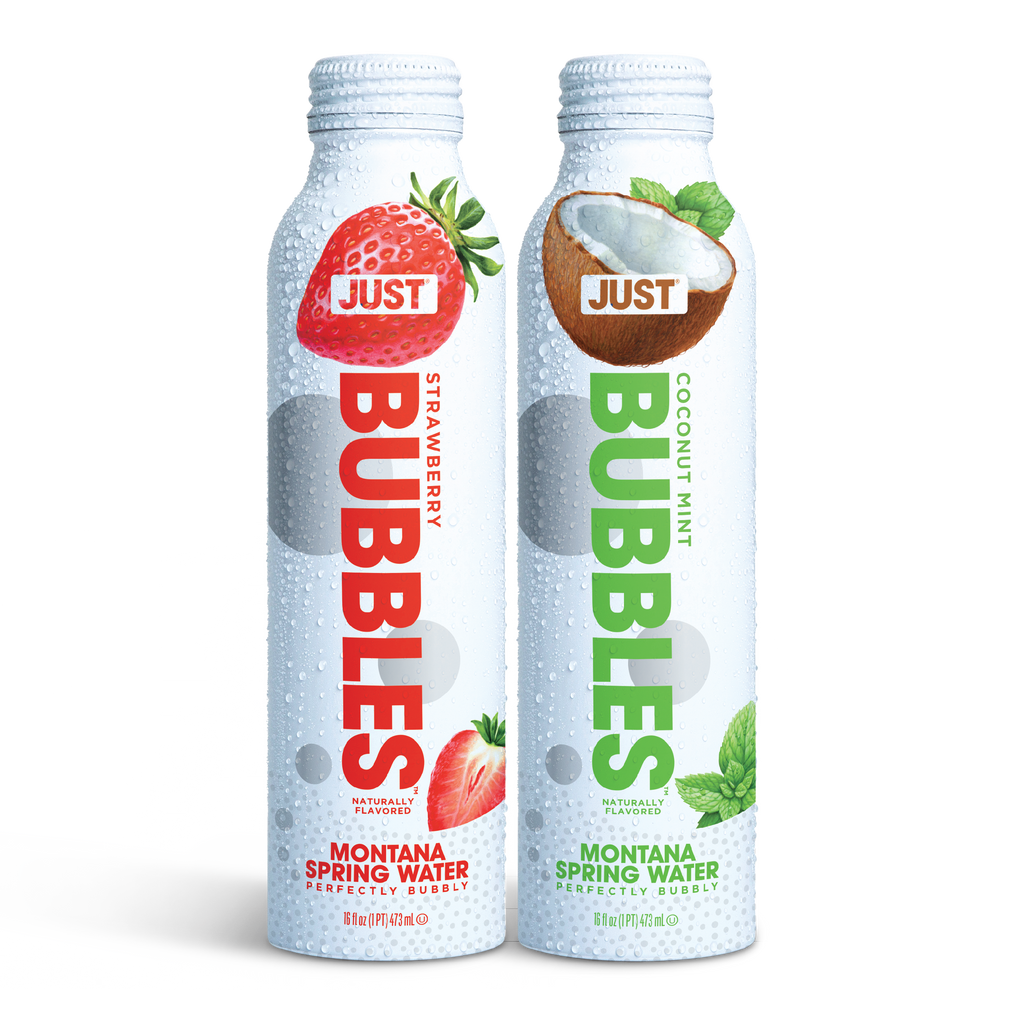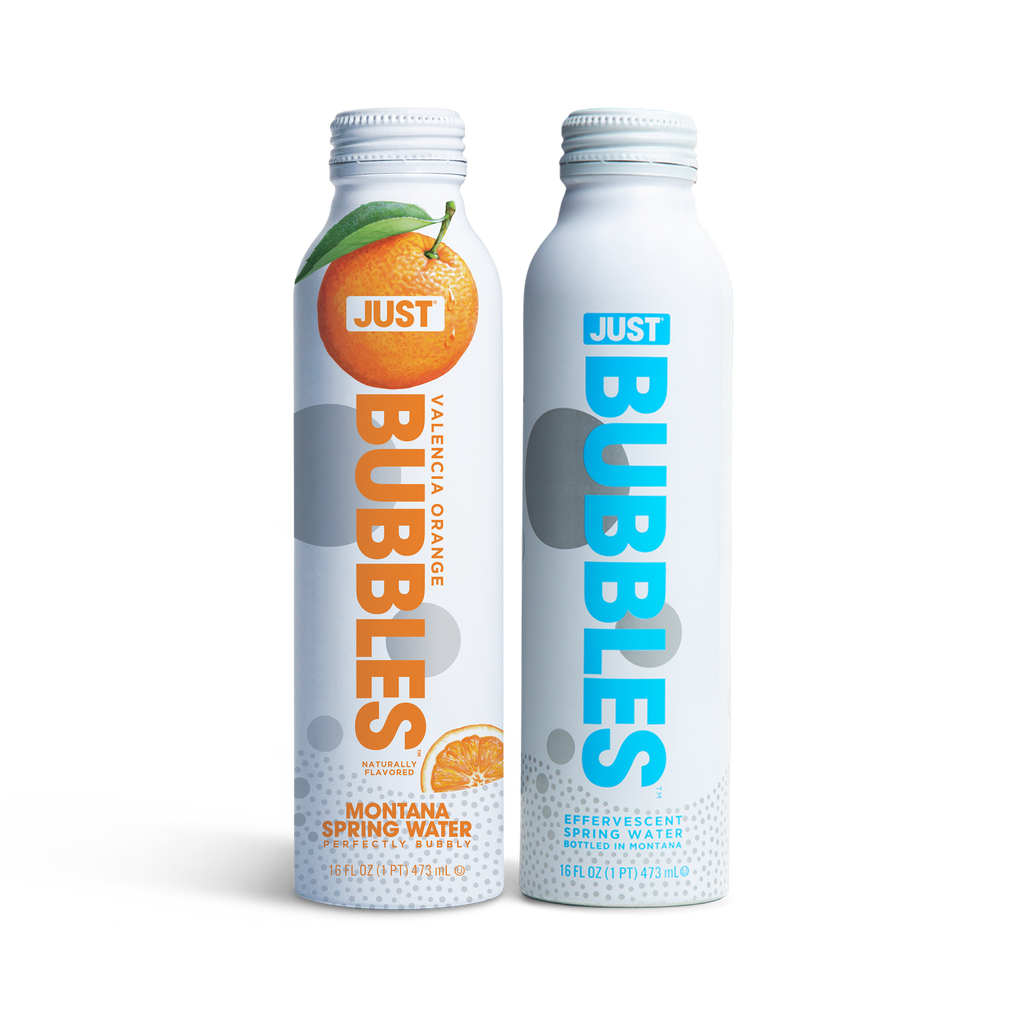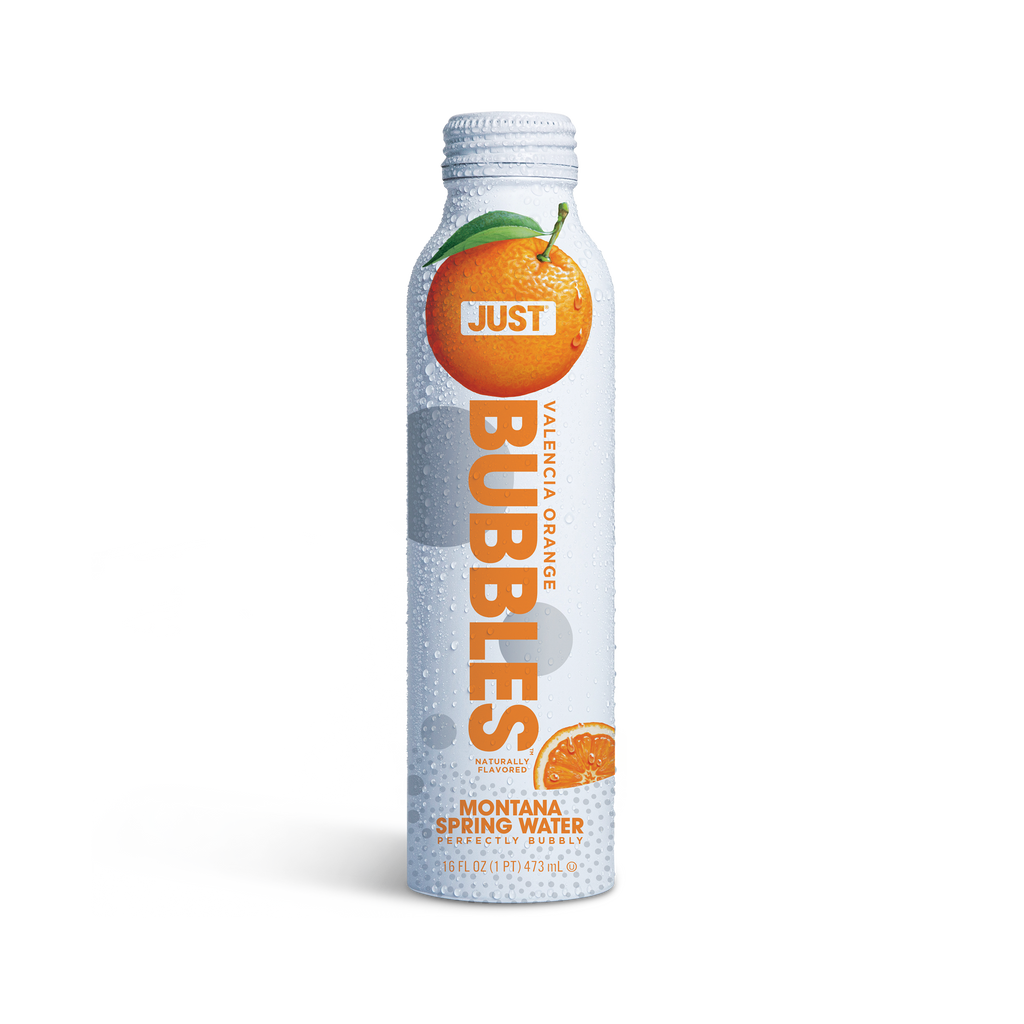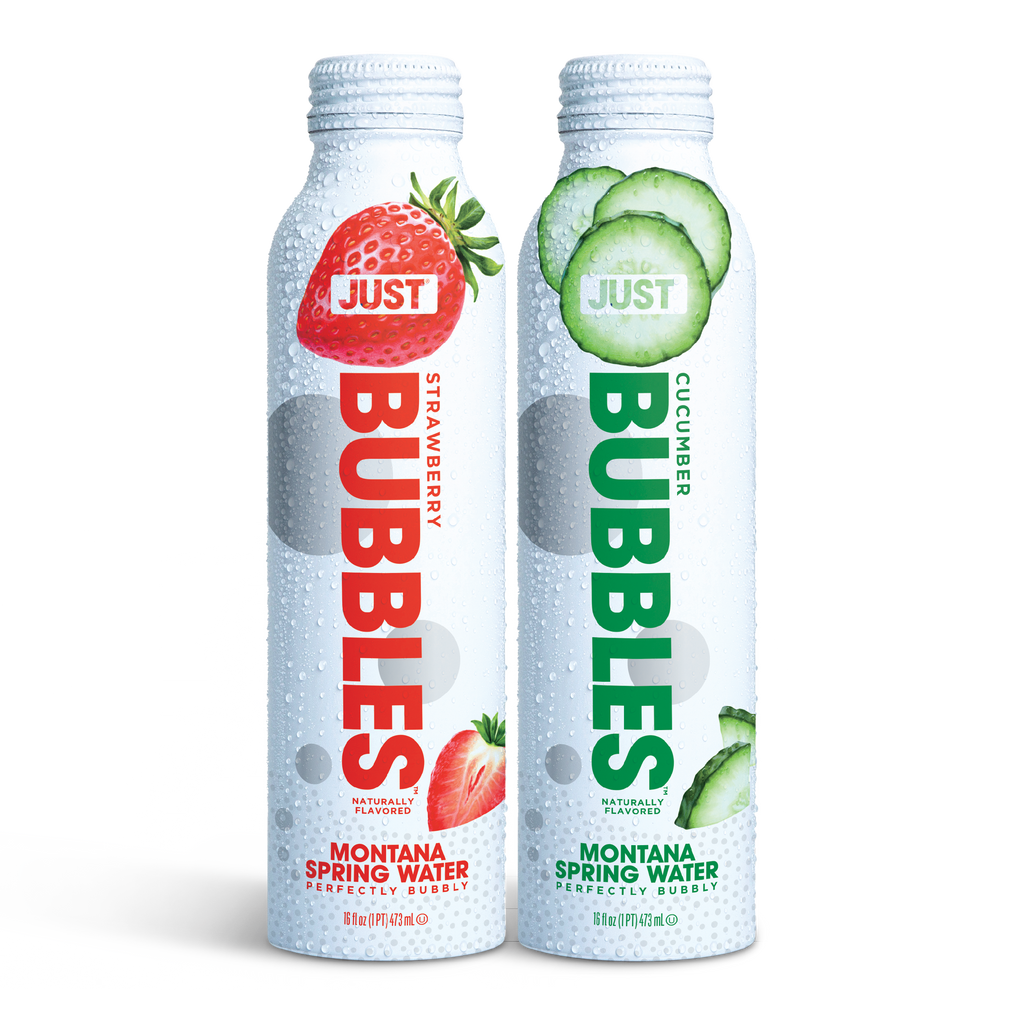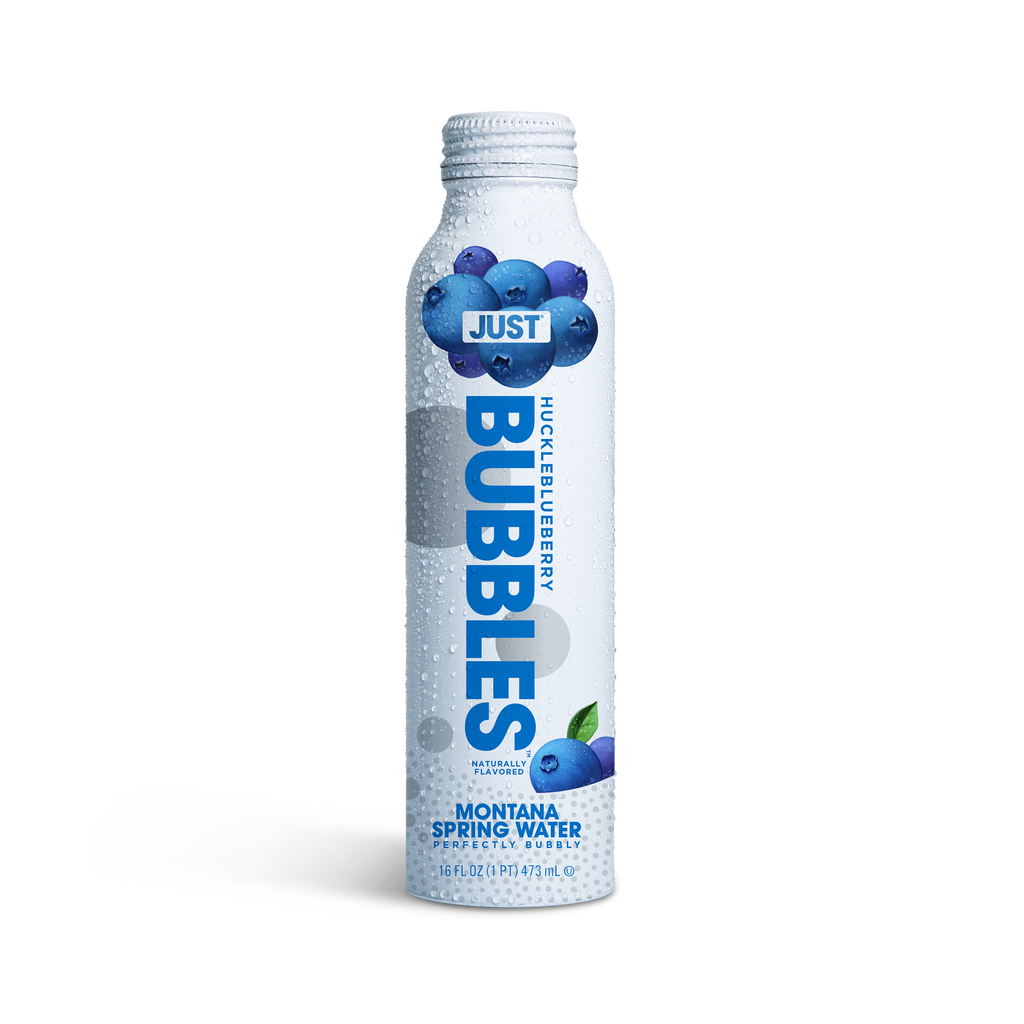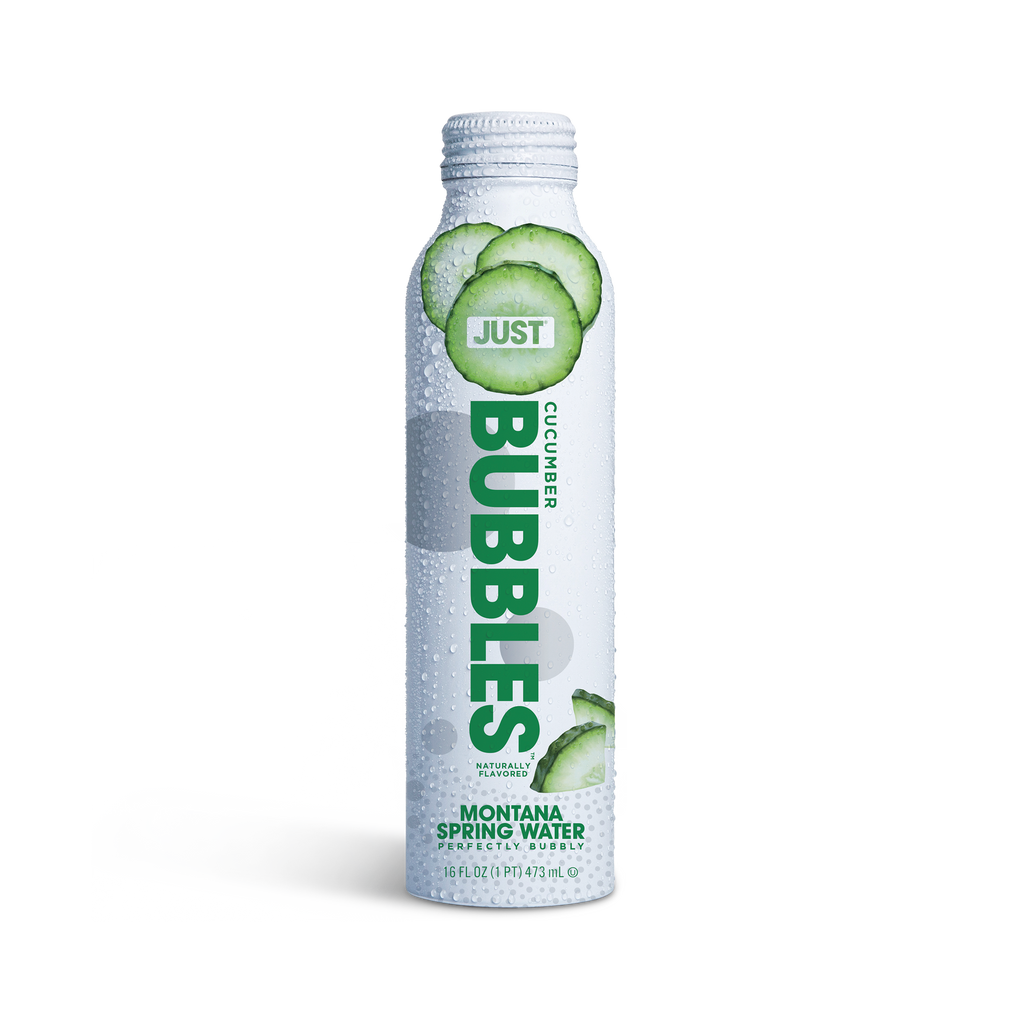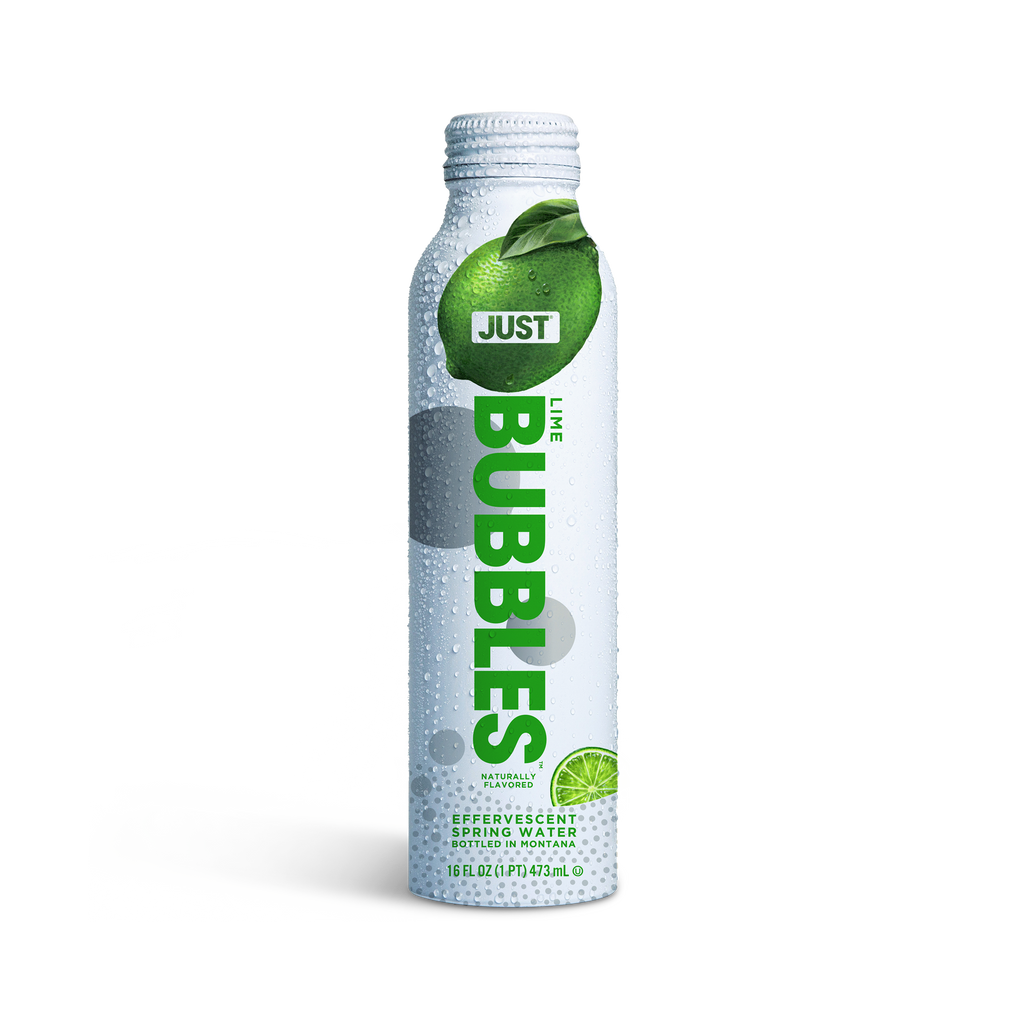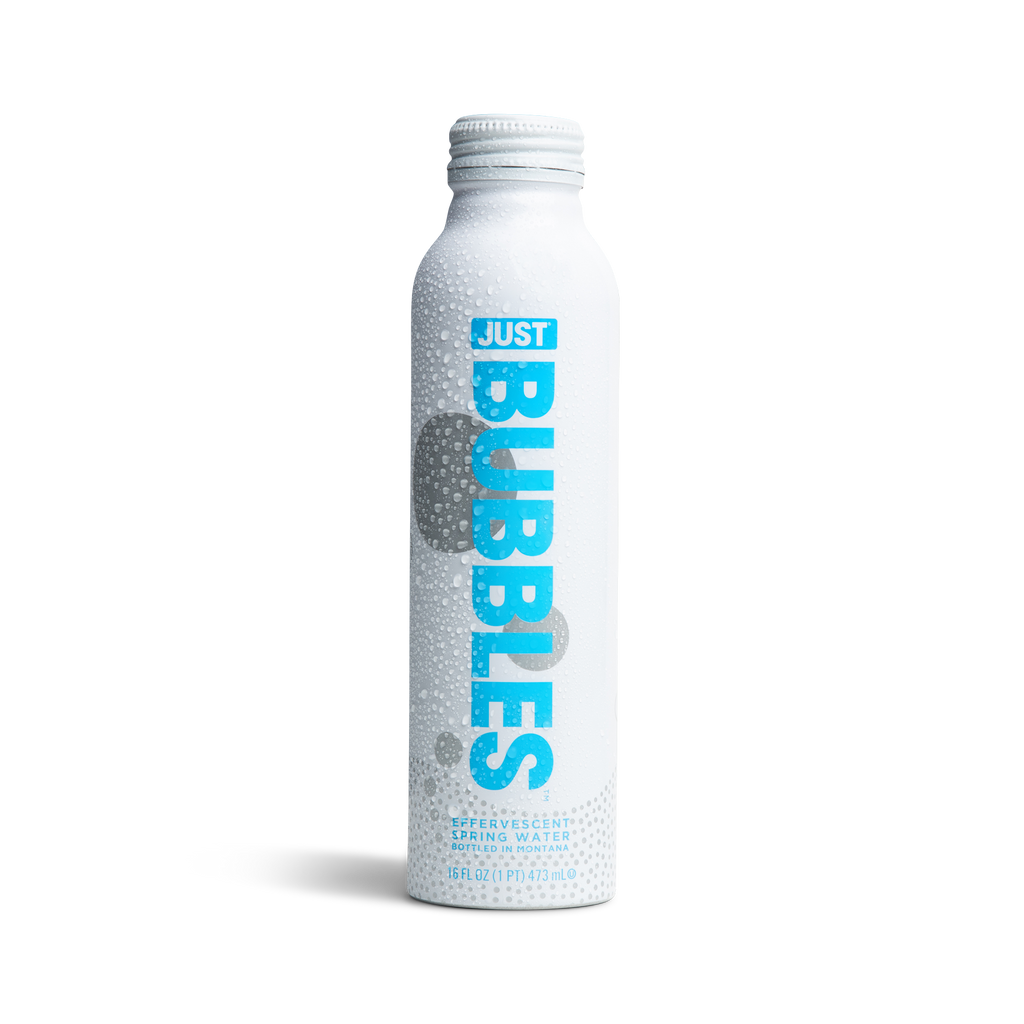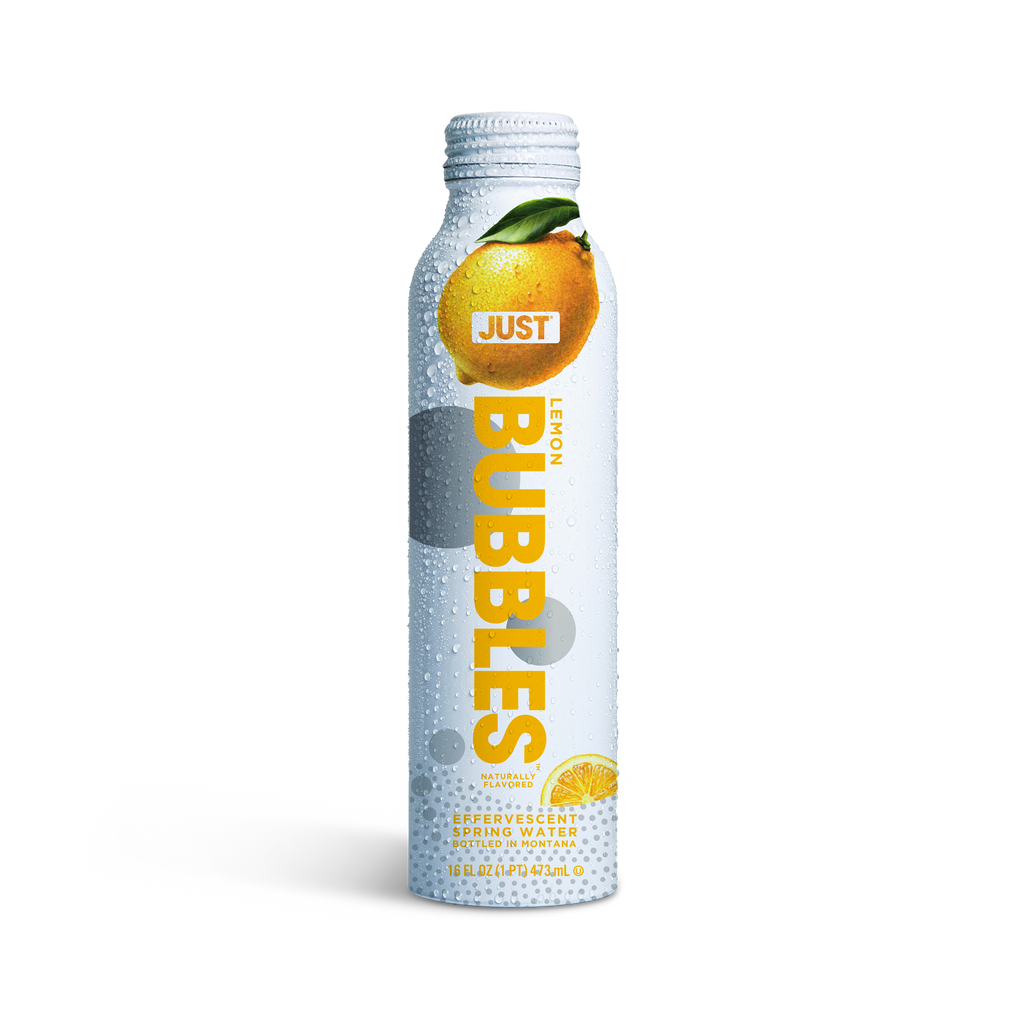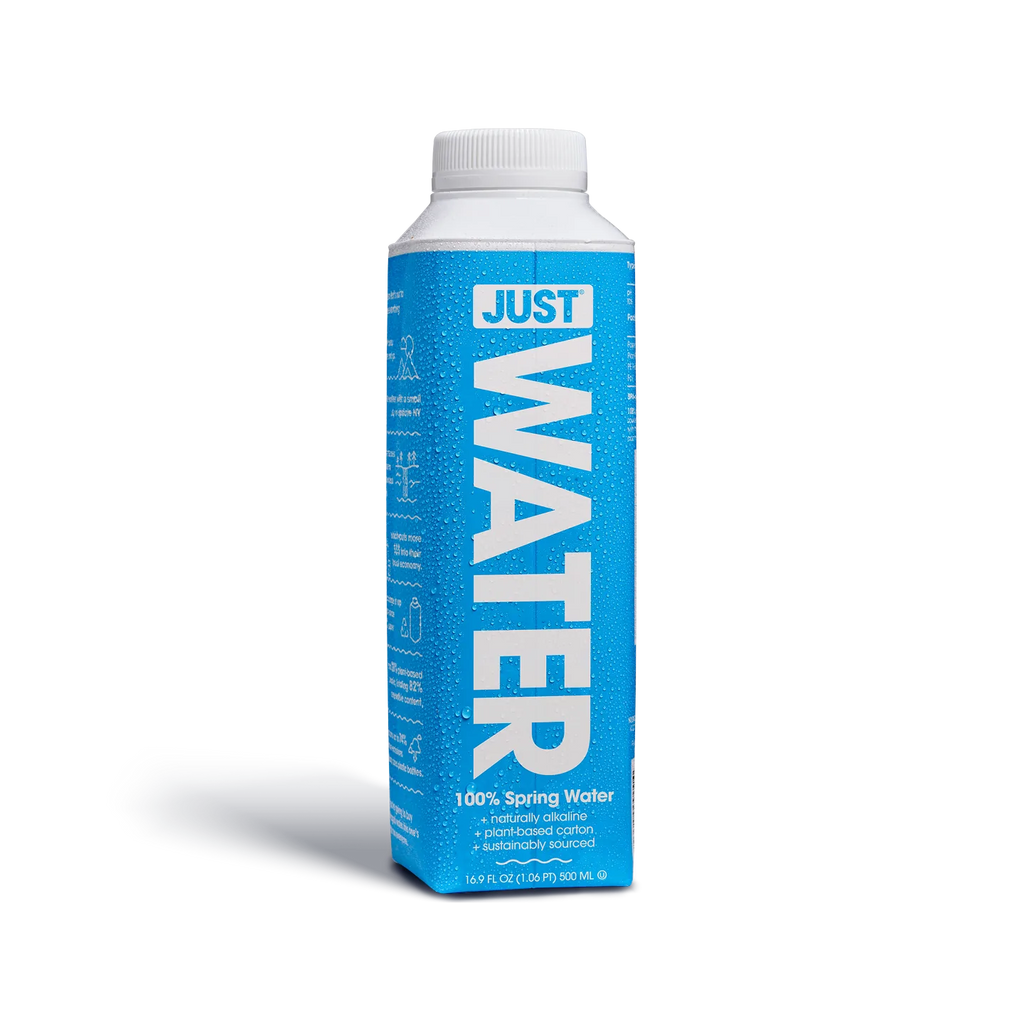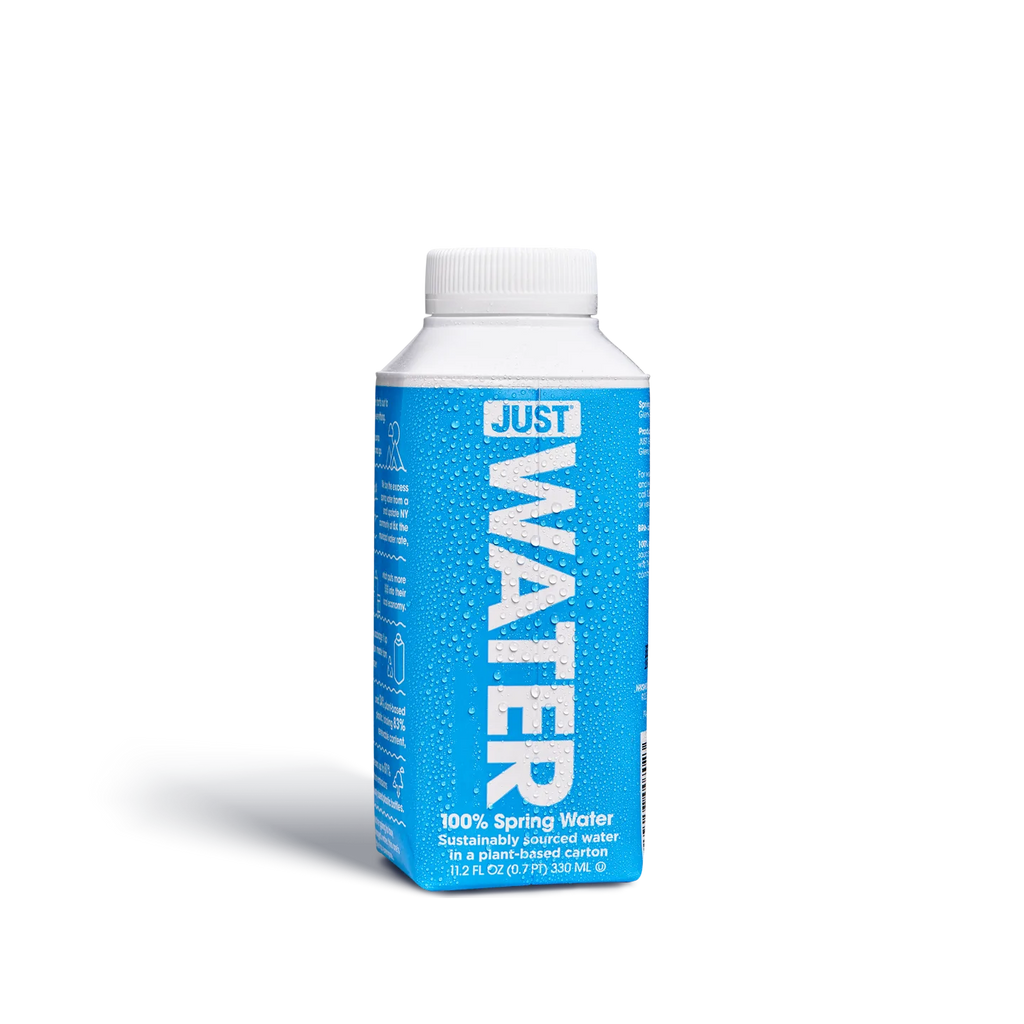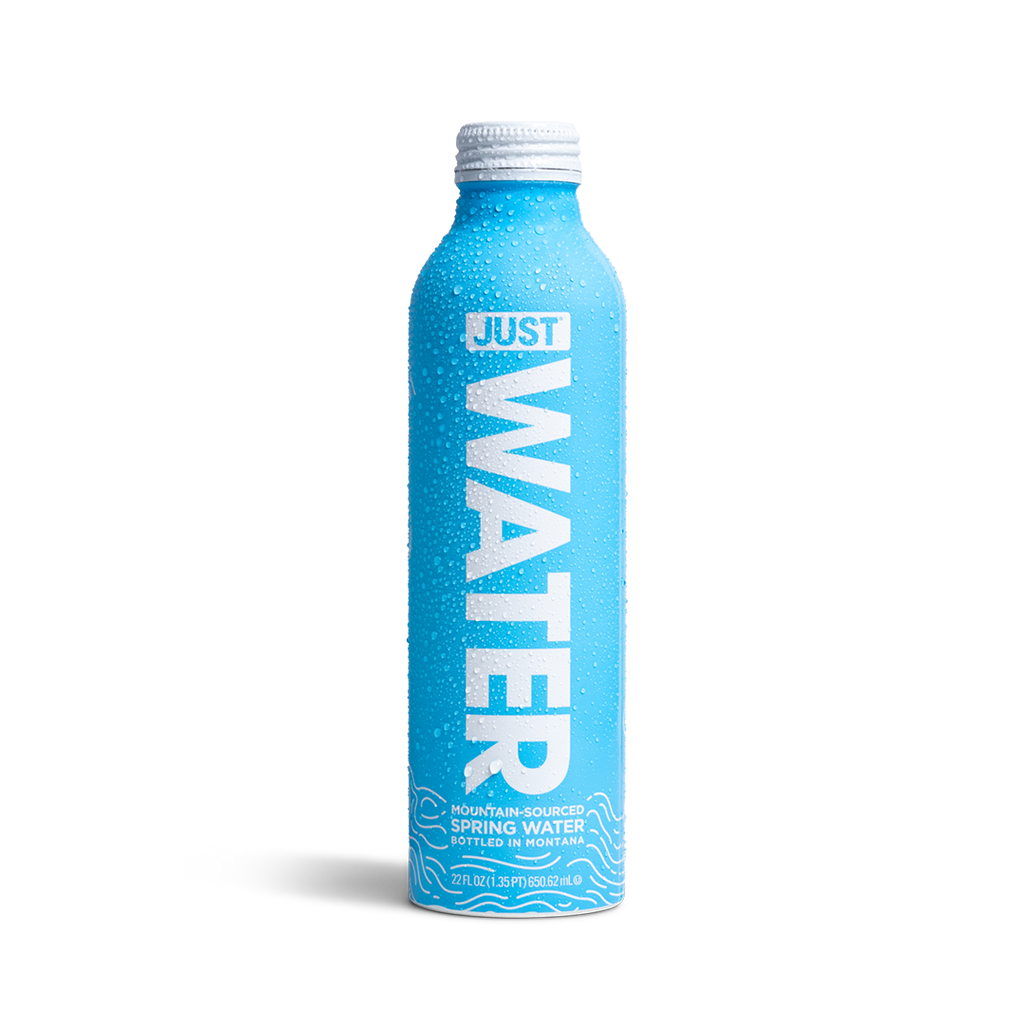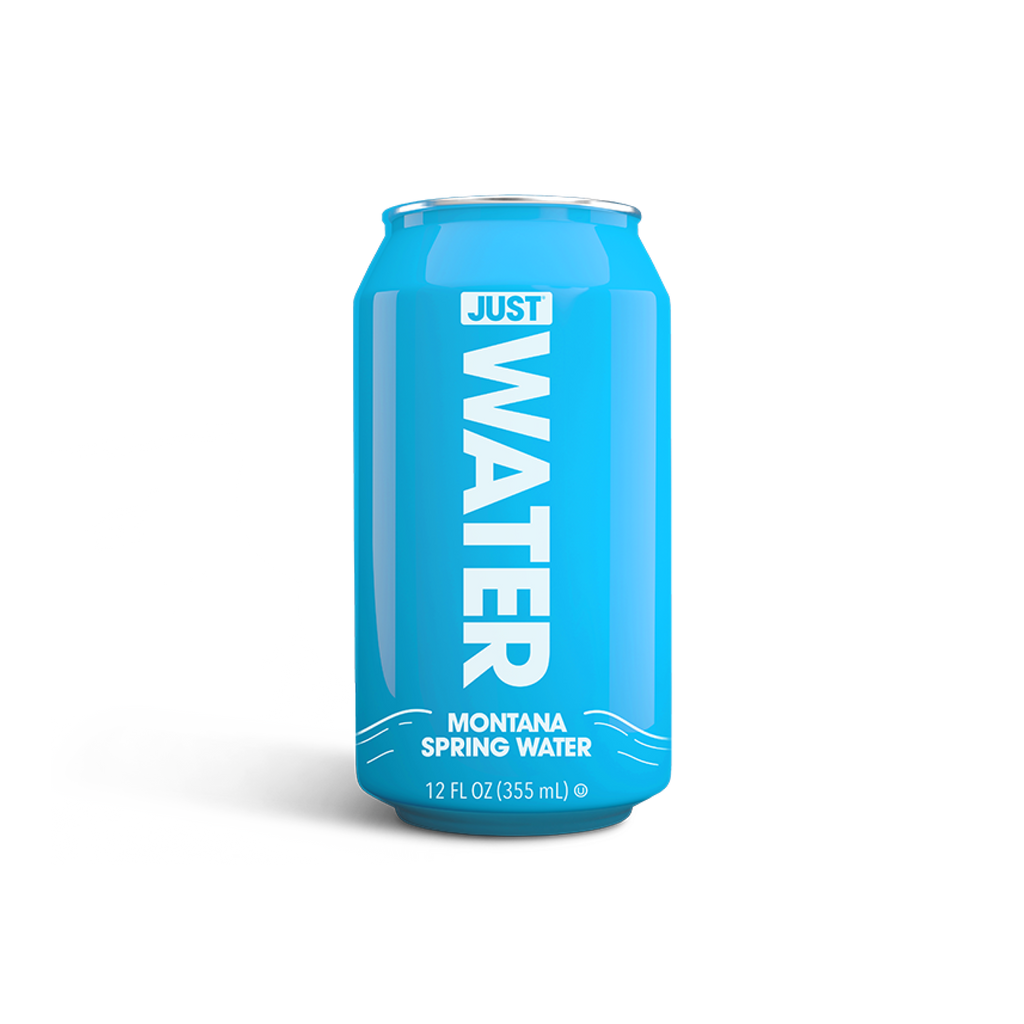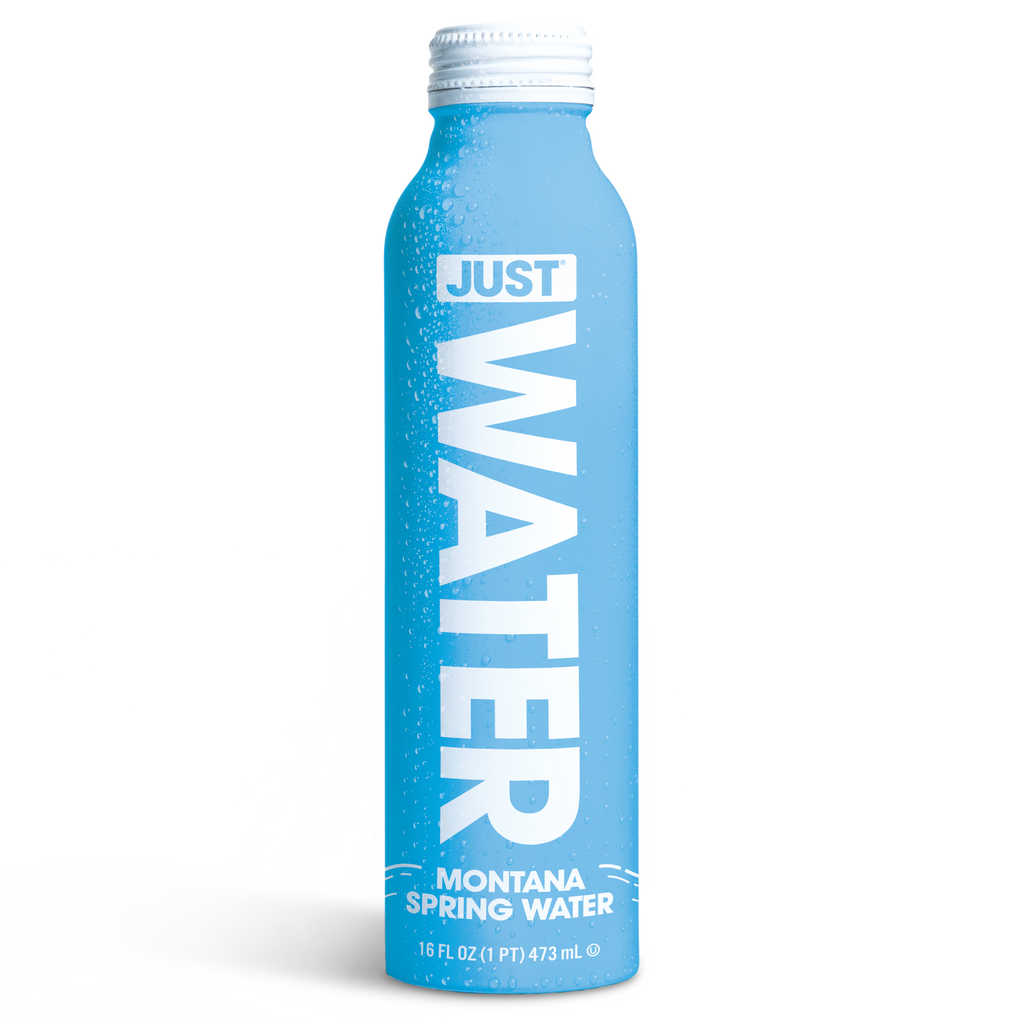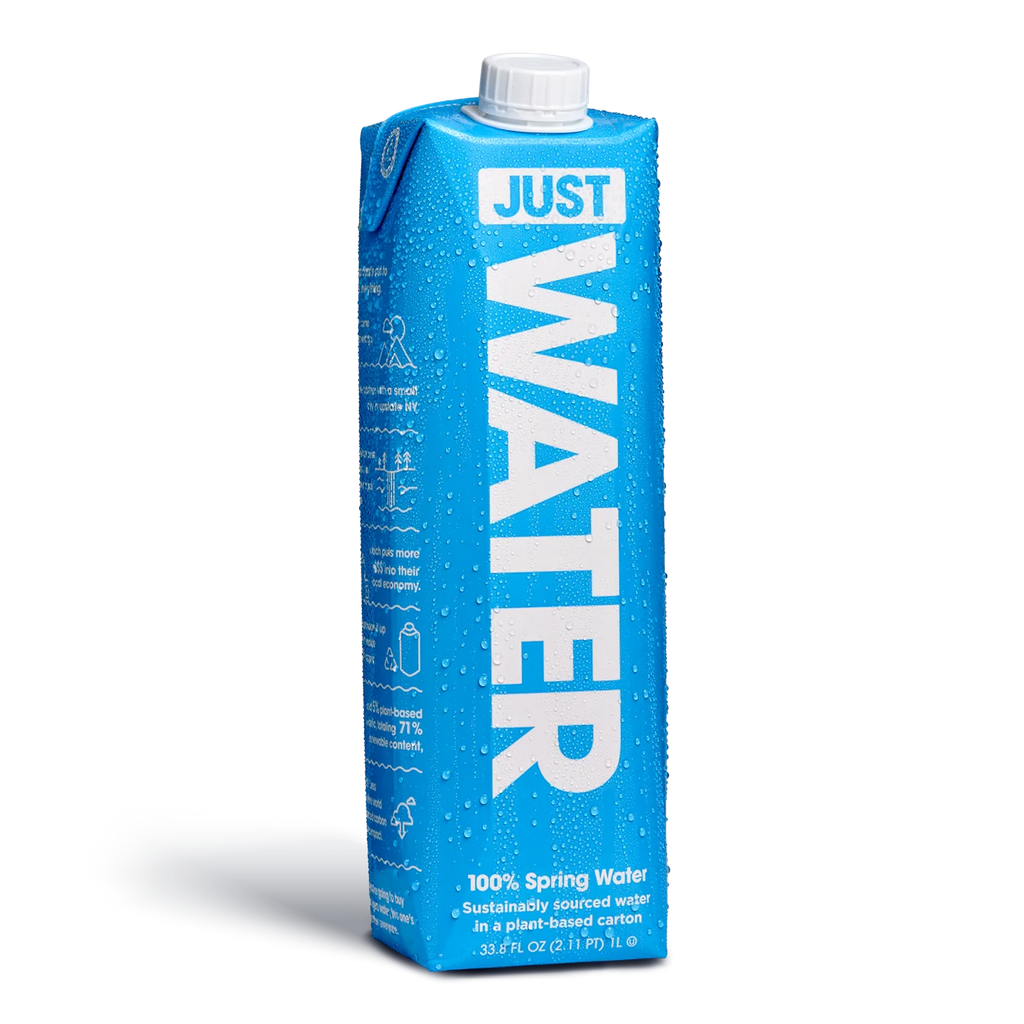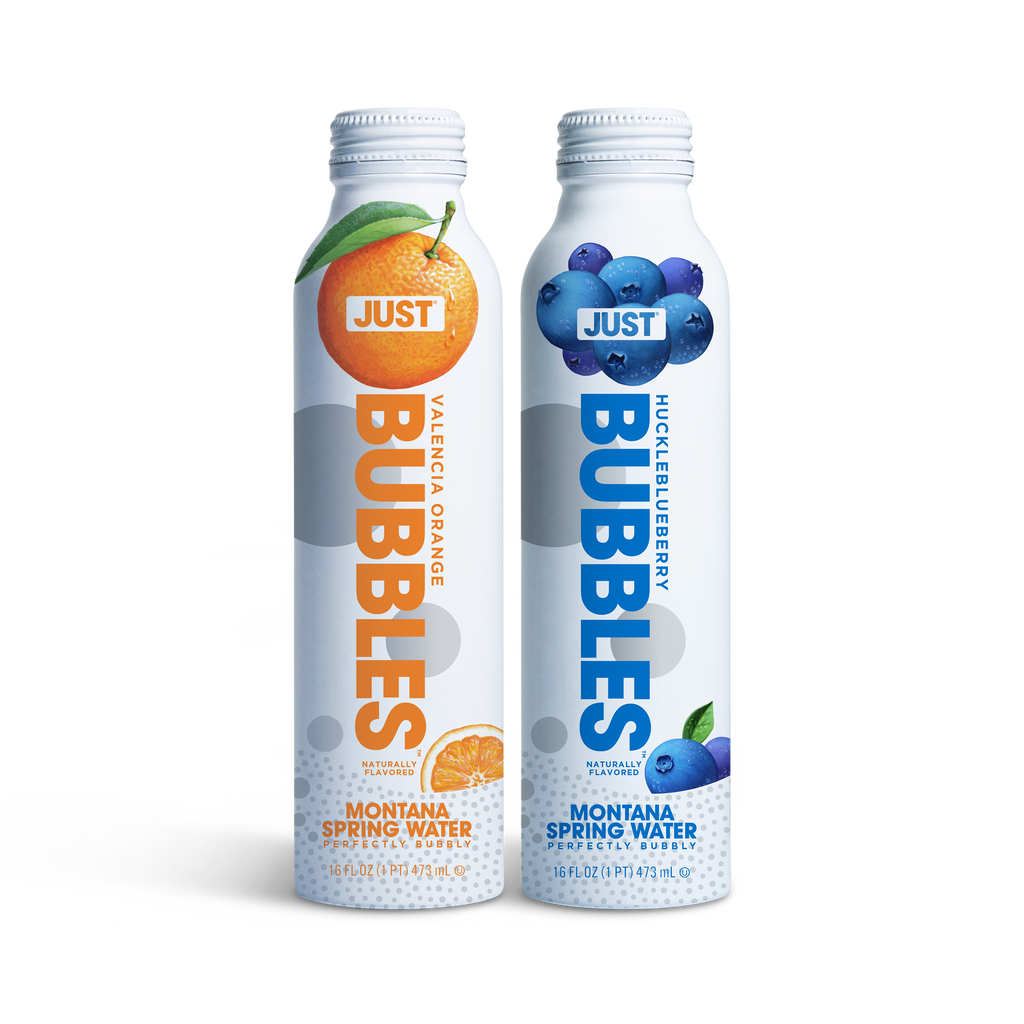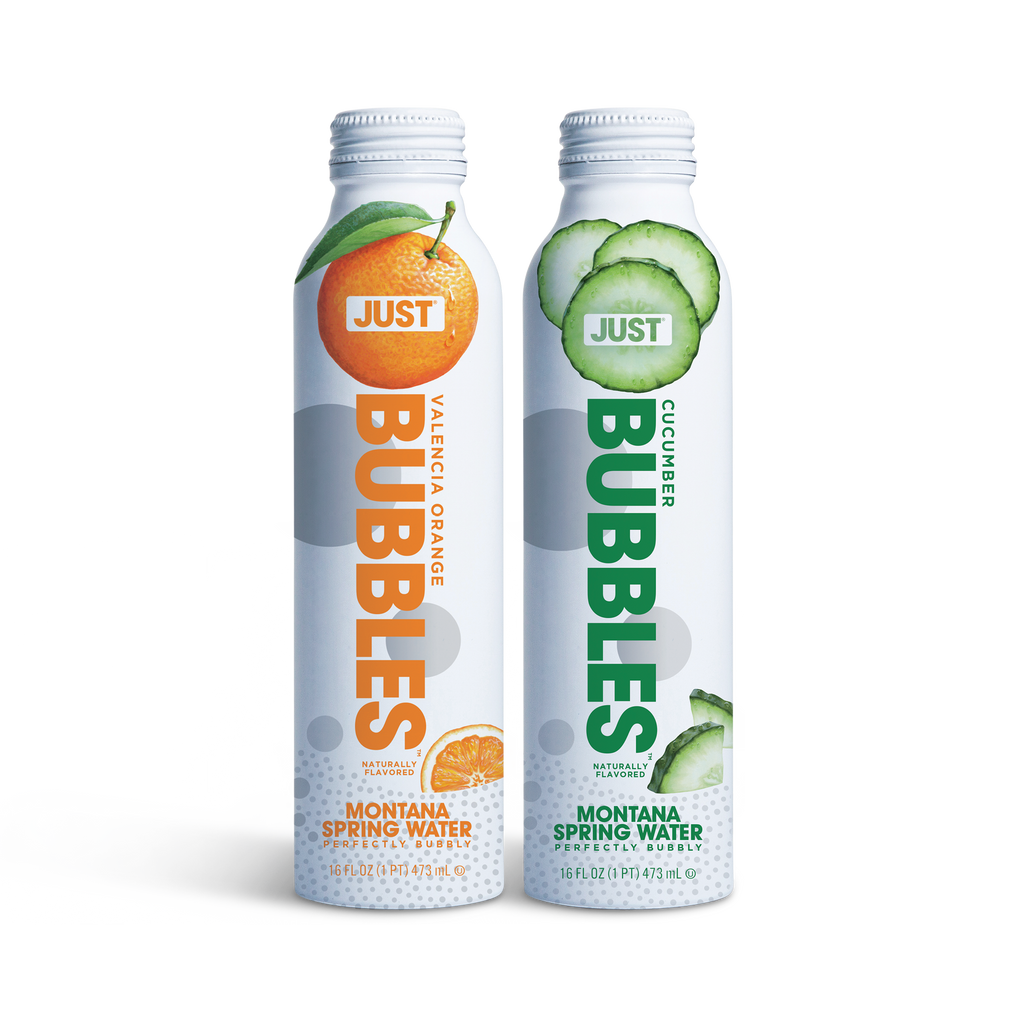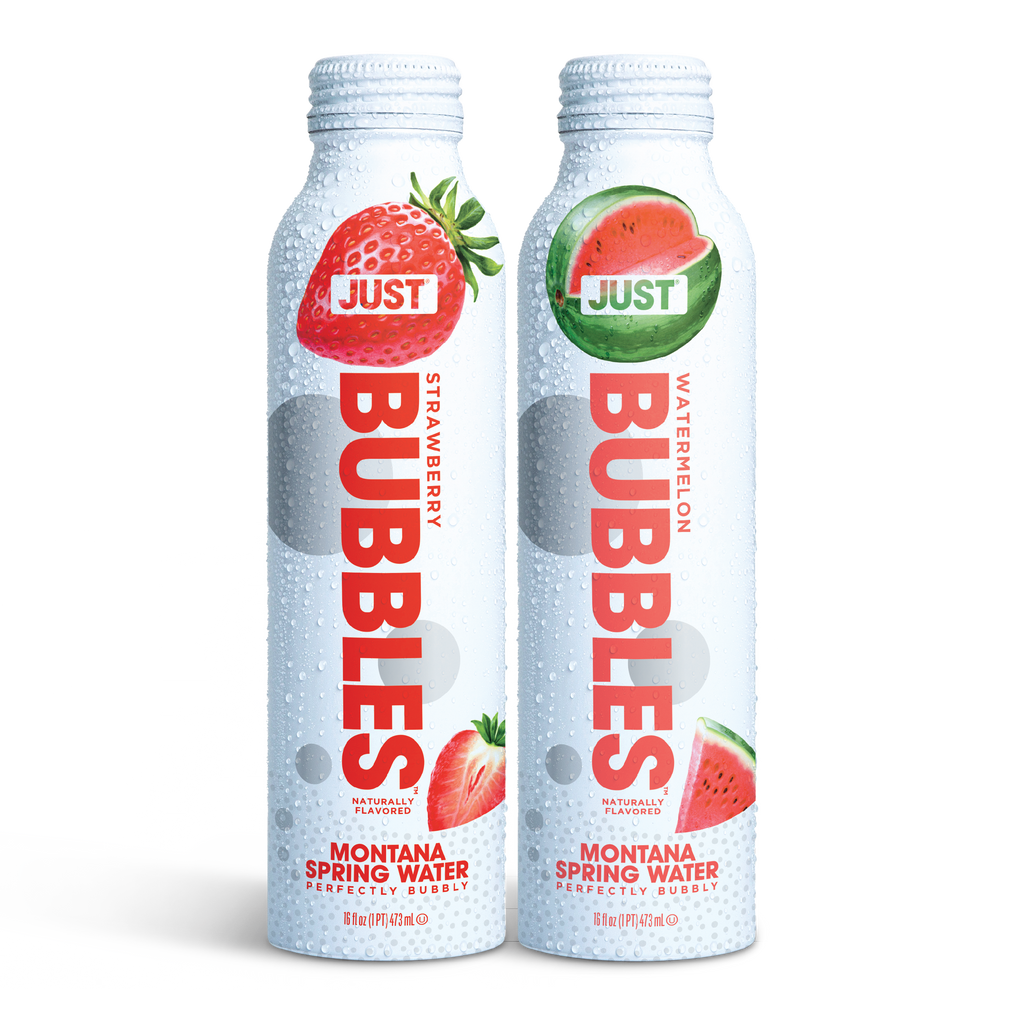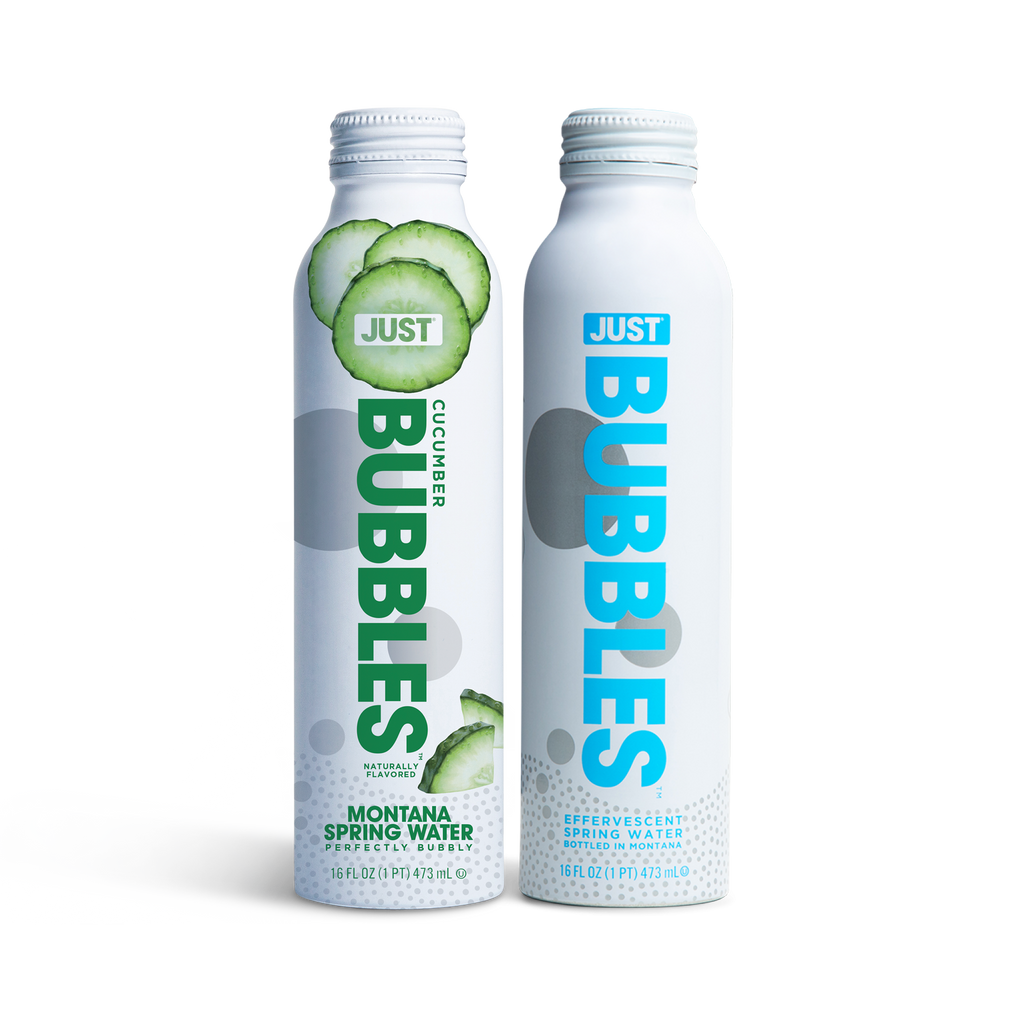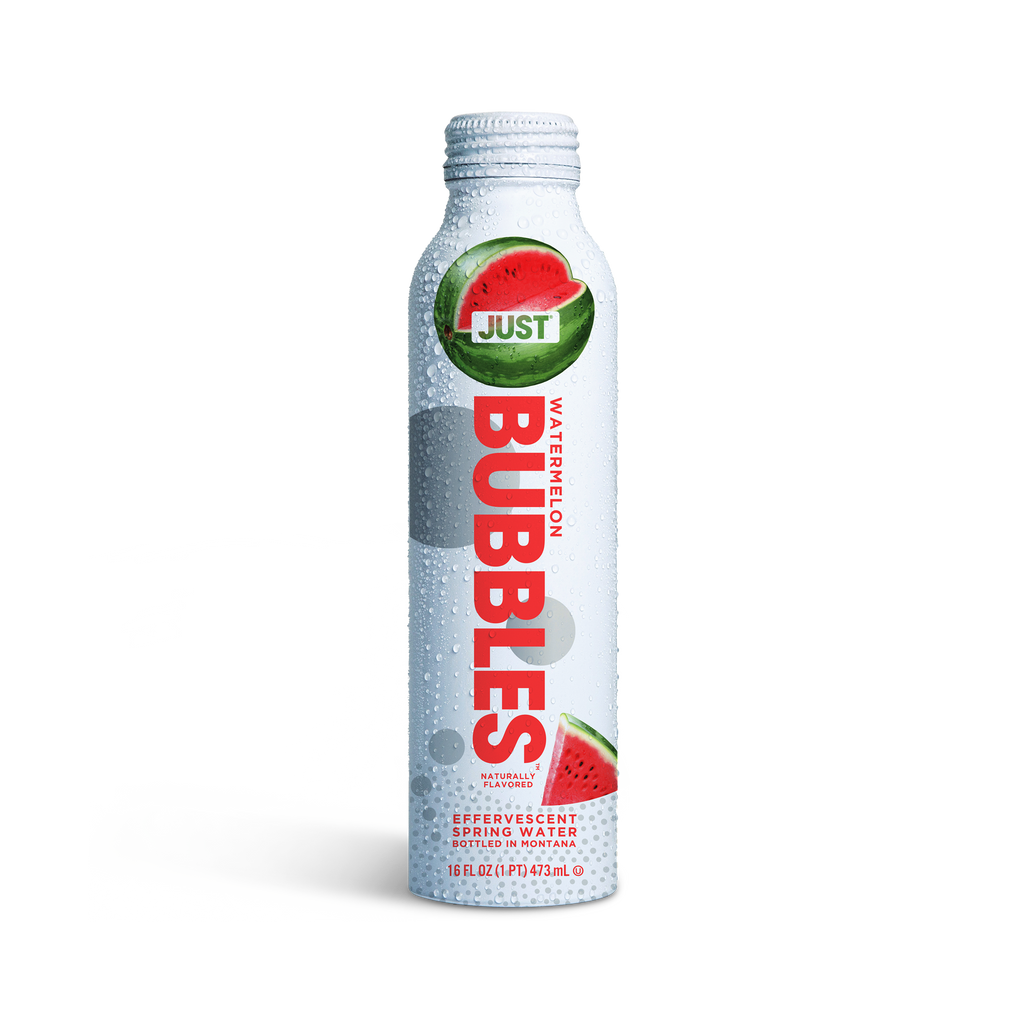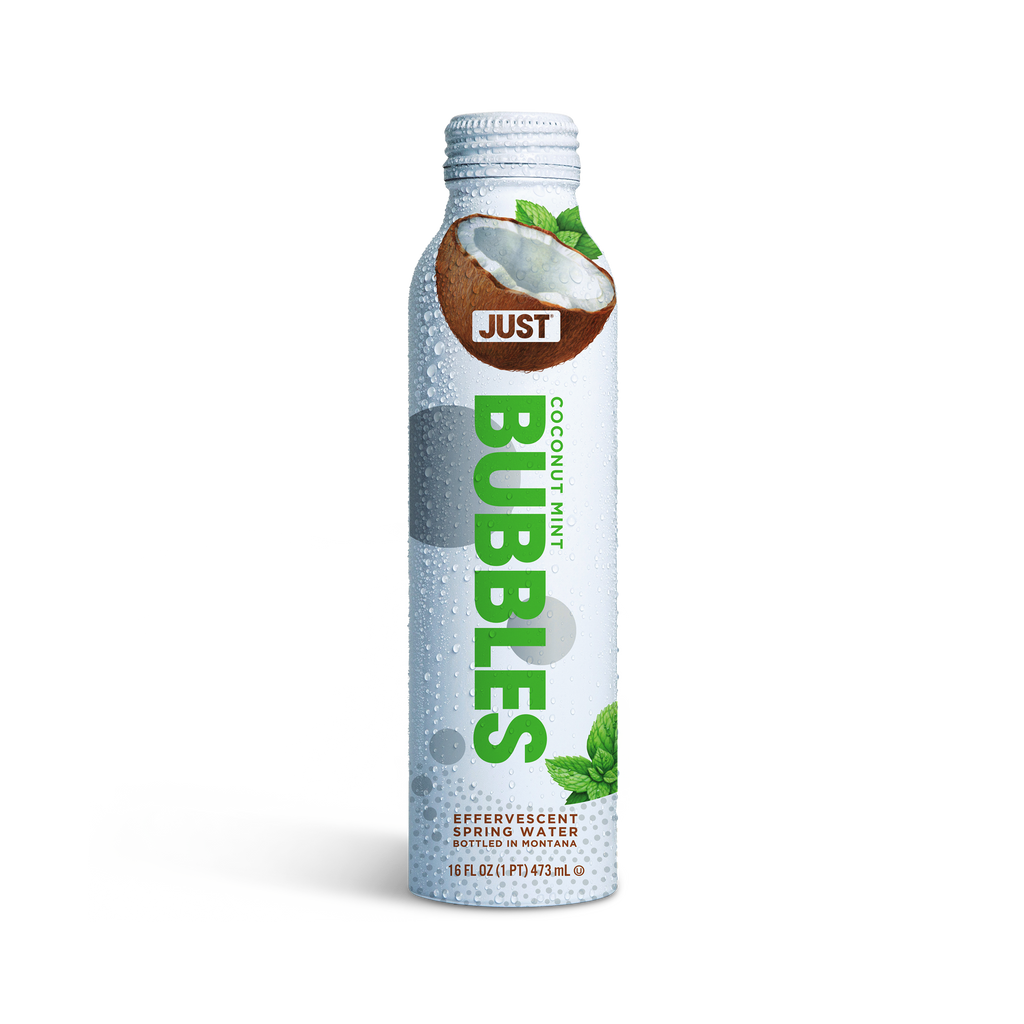HOW HYDRATION & NUTRITION AFFECT YOUR MENTAL HEALTH
Written by Just Water
In our fast-paced world, where we often prioritize work, responsibilities, and our endless to-do lists, we frequently overlook the profound impact that hydration and nutrition can have on our mental health. While most of us associate these two health factors with our physical well-being, it’s important to note how imperative both are to our mind in conjunction with our body. Today, we'll explore the intricate relationship between hydration, nutrition, and mental health, and why they should be integral parts of your self-care and wellness routine.
Hydration and Mental Health
It's no secret that water is essential for survival. Our bodies are comprised of approximately 60% water, and even mild dehydration can lead to adverse effects on our cognitive function and mood. Here's how hydration influences your mental well-being:
Cognitive Function: Proper hydration is vital for maintaining cognitive functions such as memory, attention, and problem-solving. Dehydration can lead to difficulties in concentration and memory recall, making tasks feel more challenging.
Mood Regulation: Hydration plays a significant role in mood regulation. Dehydration can result in irritability, mood swings, and increased anxiety. Staying well-hydrated can help you maintain a stable and positive mood.
Stress Reduction: Dehydration can amplify the body's stress response. When you're adequately hydrated, your body is better equipped to handle stress, reducing the impact of stressors on your mental health.
Sleep Quality: Hydration can also affect your sleep. Dehydration can lead to discomfort and nighttime awakenings. A well-hydrated body can help you get a better night's sleep, which is crucial for mental and emotional well-being.
Nutrition and Mental Health
Nutrition is another critical factor in maintaining good mental health. The food you consume provides essential nutrients that impact brain function and mood. Here's how nutrition can affect your mental well-being:
Brain Function: Omega-3 fatty acids, vitamins, and minerals found in a balanced diet are essential for optimal brain function. Let’s break down the role these crucial nutrients play in our mental health:
- Omega-3 fatty acids: These fatty acids are essential for brain development and function. They can help improve mood, memory, and cognitive function.
- B vitamins: These vitamins are involved in the production of neurotransmitters, the chemicals that carry signals between brain cells. B vitamins can help improve mood, energy levels, and sleep quality.
- Magnesium: This mineral is important for nerve function and mood regulation. Low magnesium levels have been linked to depression and anxiety.
- Zinc: This mineral is involved in the production of new brain cells and neurotransmitters. Zinc deficiency can lead to symptoms like depression, anxiety, and difficulty concentrating.
Gut-Brain Connection: Emerging research suggests a strong connection between gut health and mental health. A diet rich in fiber, probiotics, and prebiotics supports a healthy gut microbiome, positively influencing mood and reducing the risk of depression and anxiety.
Blood Sugar Regulation: Eating balanced meals with a mix of complex carbohydrates, protein, and healthy fats helps stabilize blood sugar levels. This can prevent mood swings and energy crashes that often result from blood sugar fluctuations.
Inflammation: Chronic inflammation has been linked to various mental health disorders. A diet rich in antioxidants and anti-inflammatory foods, such as fruits, vegetables, and whole grains, can help reduce inflammation and support mental well-being.
Final Word
Your mental health is a complex interplay of various factors, and both hydration and nutrition play critical roles in this equation. Neglecting these basic needs can lead to cognitive decline, mood disturbances, and increased susceptibility to mental health disorders.
By making a conscious effort to stay hydrated and nourished with a balanced diet, you're taking significant steps towards a healthier mind. Remember that self-care is not just about spa days and vacation time (although we do love adding both to our wellness mix) but also about ensuring your body and mind have the fundamental elements they need to thrive. So, prioritize hydration and nutrition in your daily routine, and you'll be better equipped to face life's challenges with a positive, resilient, and healthier mindset.
JUST WATER
Spring Water -- 16.9 fl oz | 24 Pack

